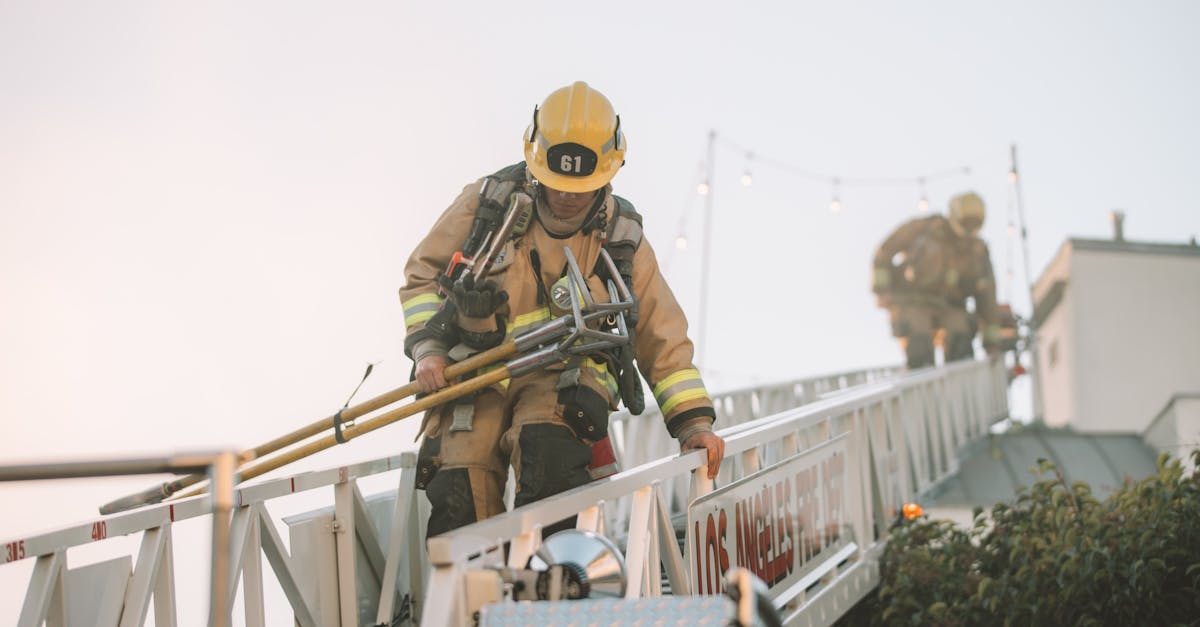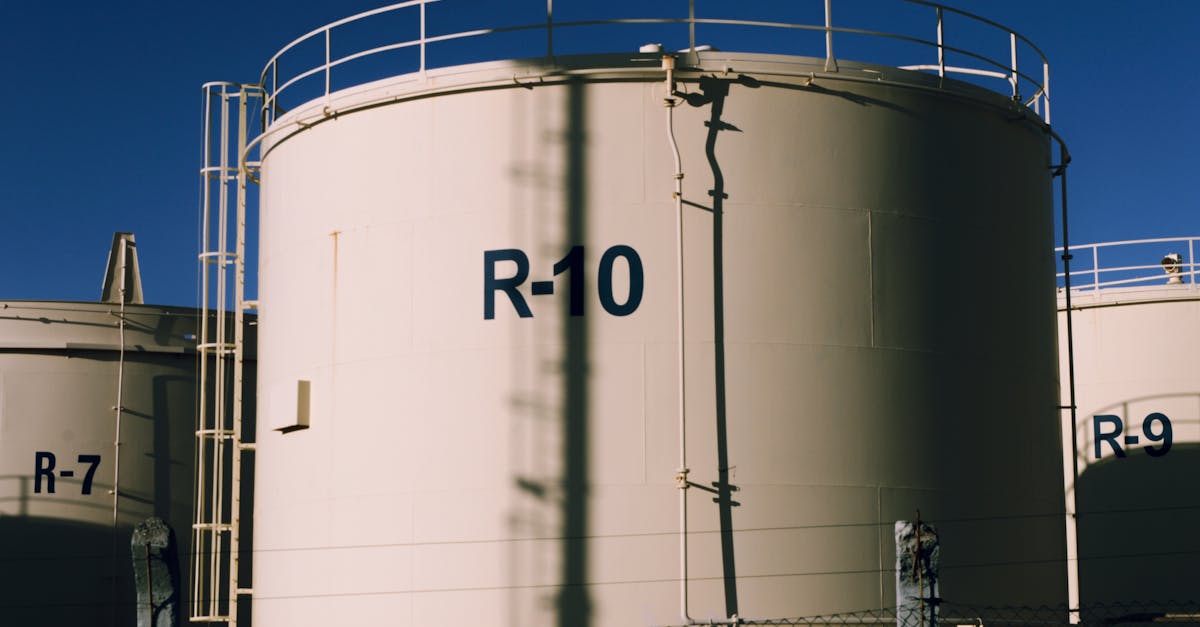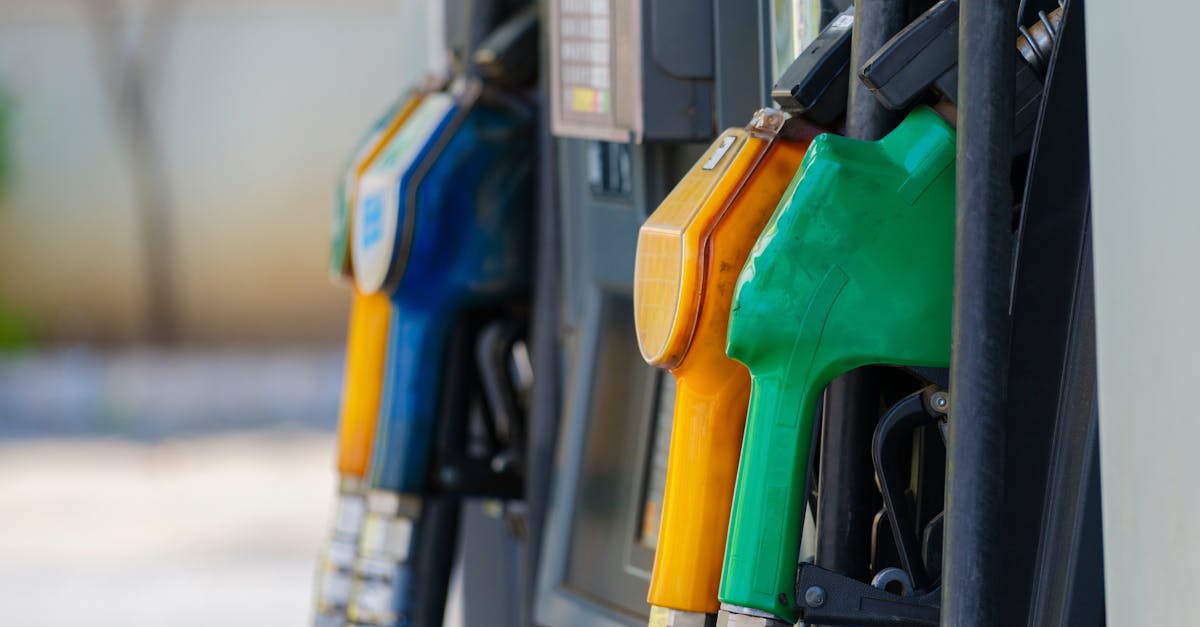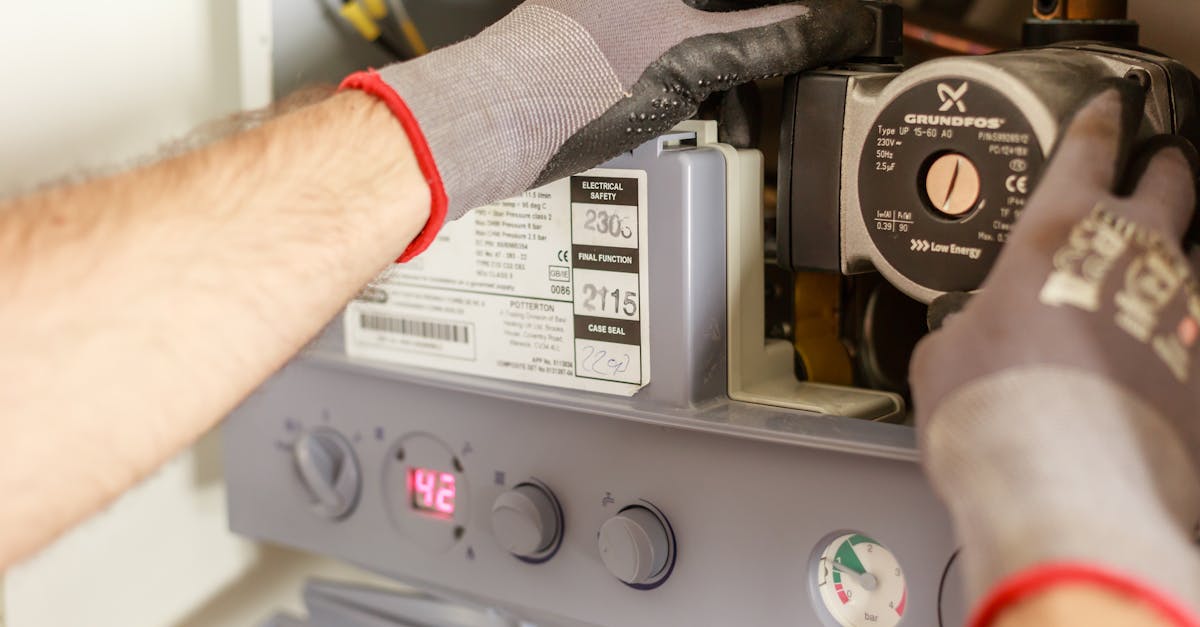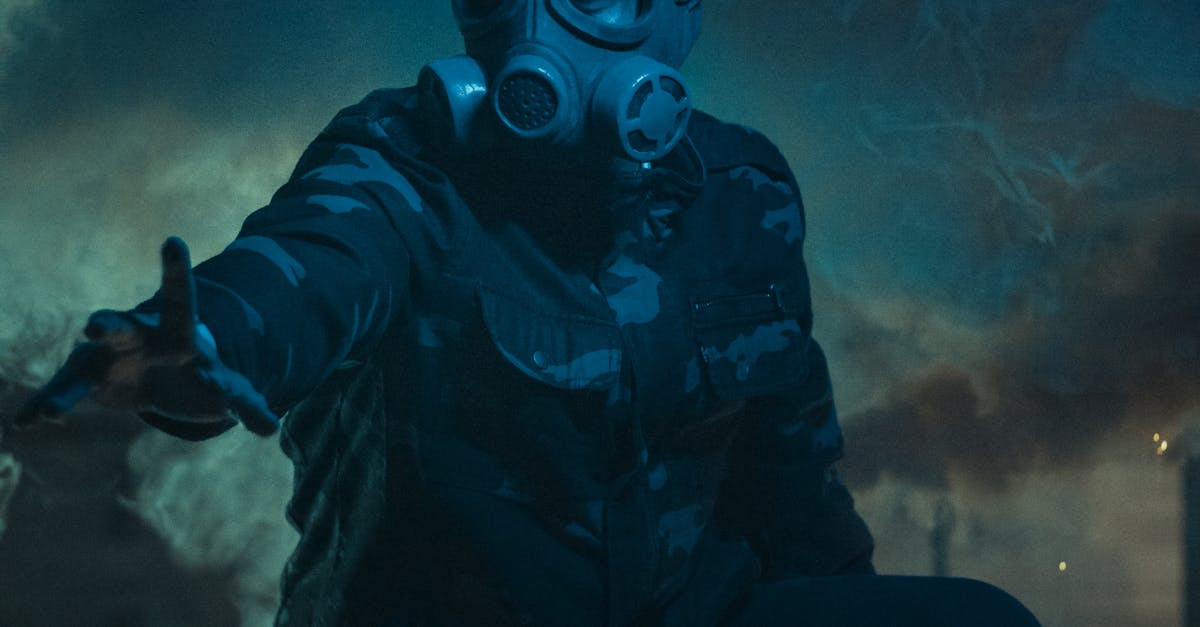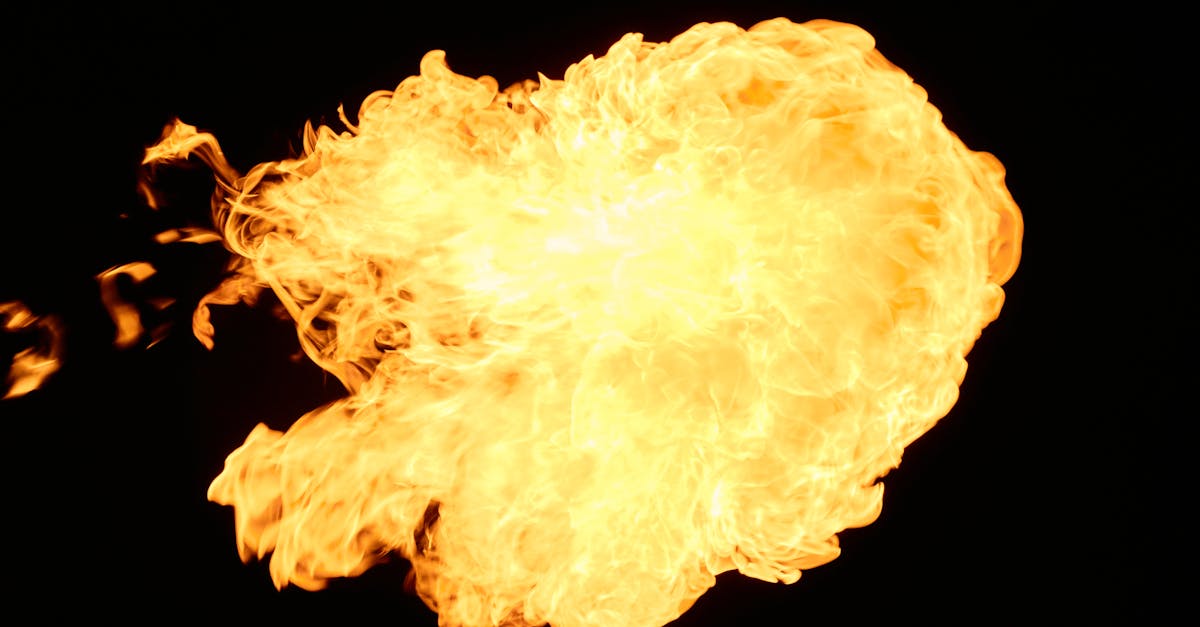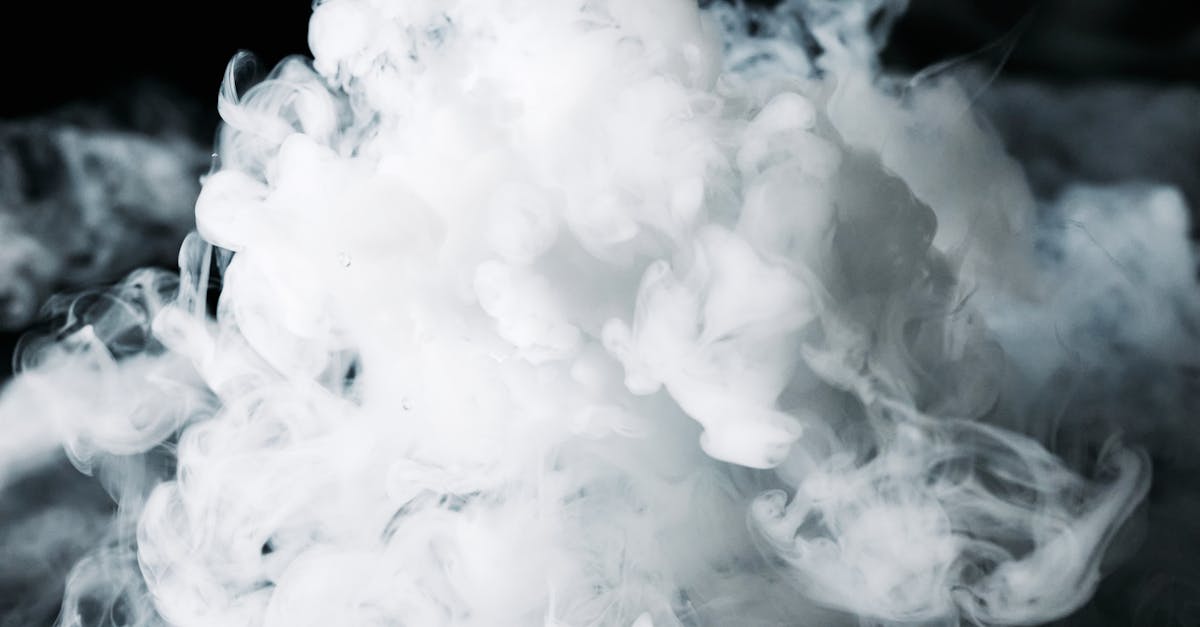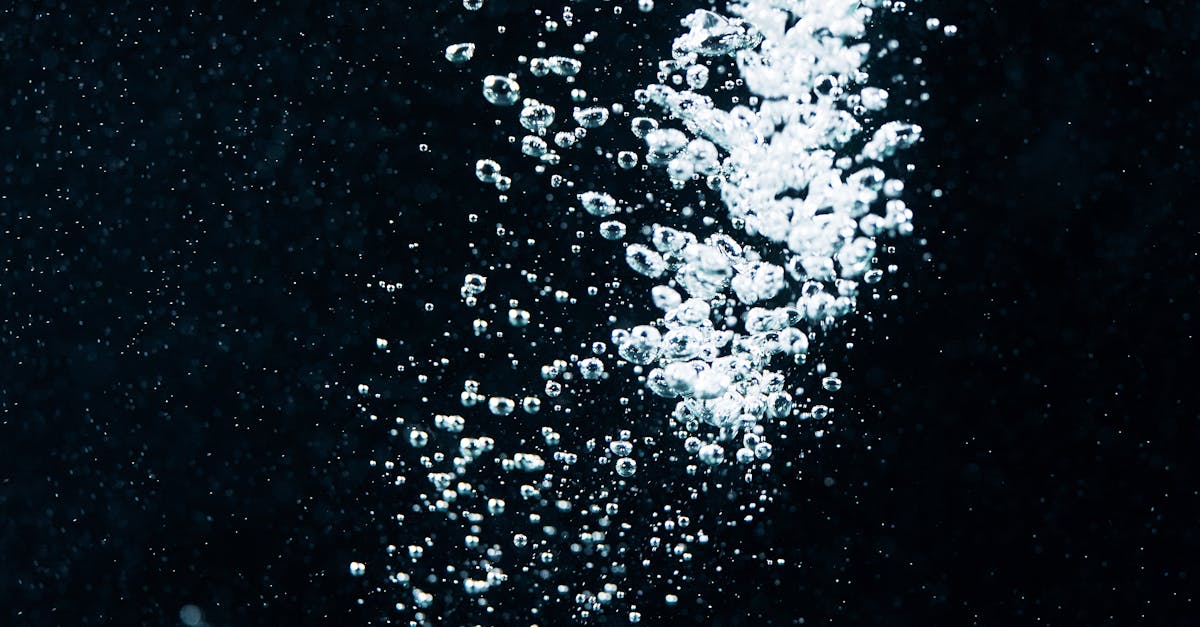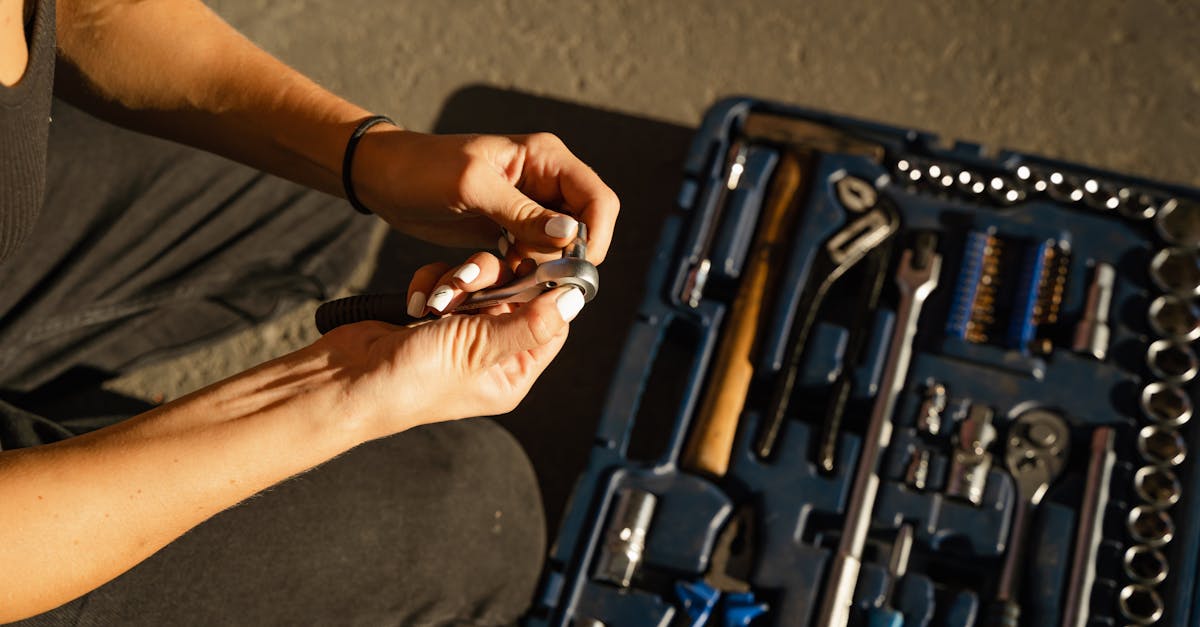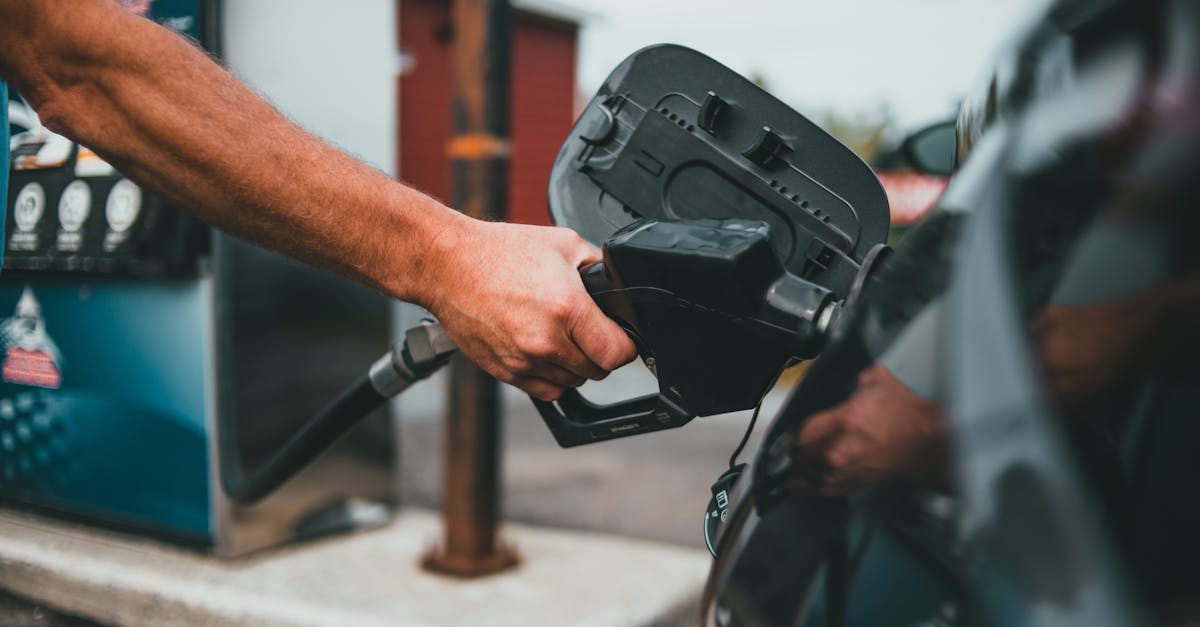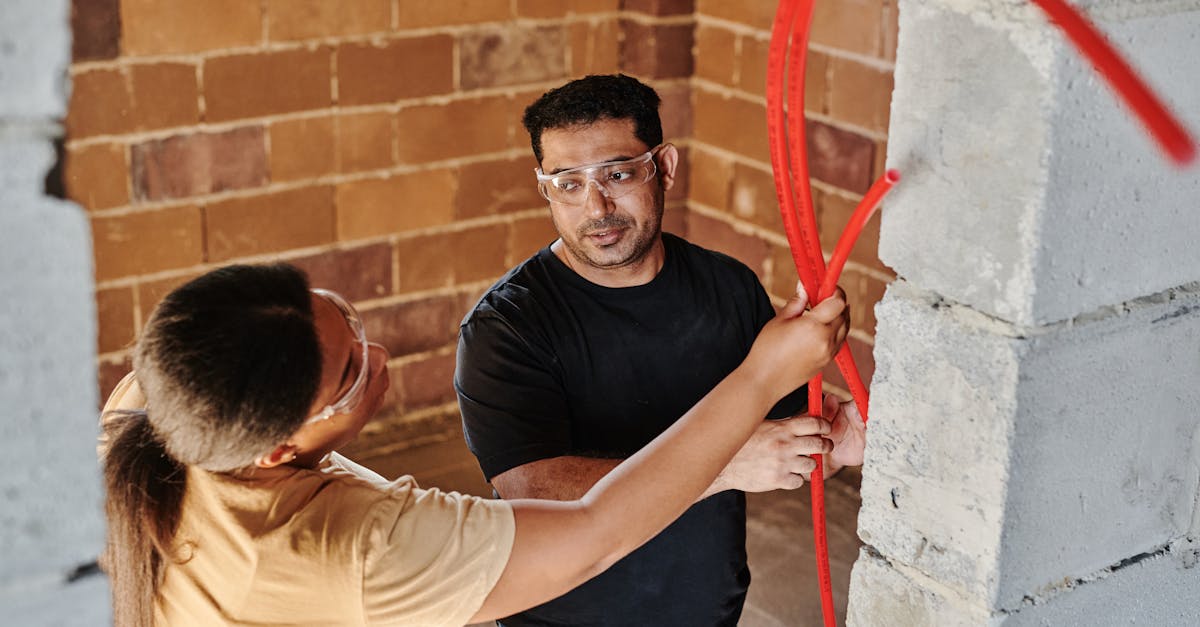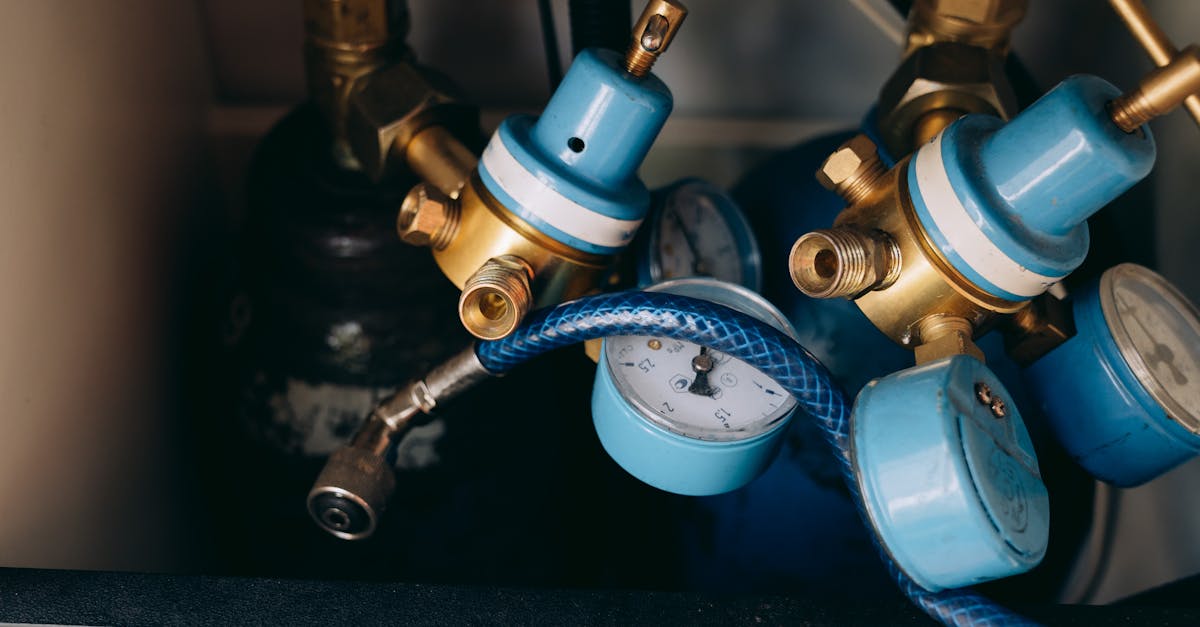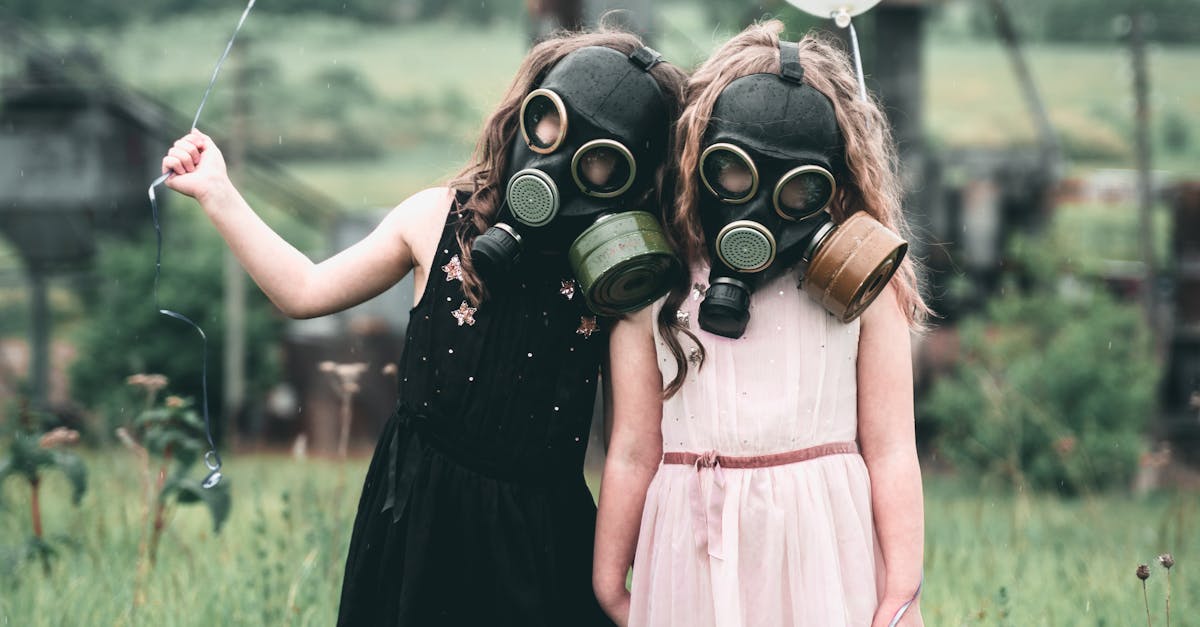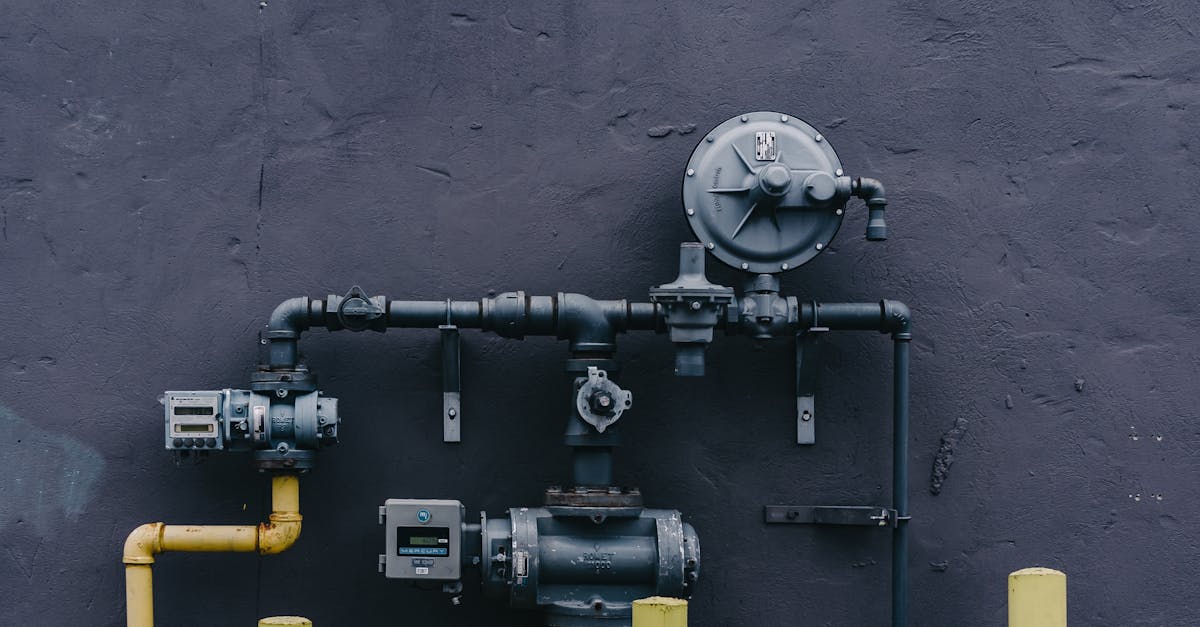
Table Of Contents
Safety Regulations for Plumbing
Safety regulations play a crucial role in ensuring that plumbing systems function correctly and do not pose risks to health and safety. These rules are designed to protect both the installer and the homeowner from potential hazards associated with improper installations or maintenance. Regular inspections and adherence to local building codes are essential for maintaining a safe environment. A licensed professional, such as a gas plumber, is trained to navigate these regulations effectively, ensuring that all work meets the required standards.
In plumbing, safety protocols can vary based on the specific type of work being performed. Tasks involving gas lines require additional precautions due to the flammable nature of gas. It is essential that technicians, including gas plumbers, remain updated on safety protocols to handle potential leaks and system failures. Compliance with safety regulations not only prevents accidents but also ensures the longevity and efficiency of plumbing systems.
Importance of Proper Licensing and Inspections
Proper licensing and inspections are critical in the field of plumbing, especially when it involves gas lines. A gas plumber must possess specific certifications and licenses that demonstrate their competence in handling gas-related tasks. This ensures that they are trained to comply with local codes and safety regulations, reducing the risk of accidents and hazards in your home. Unlicensed work can lead to dangerous situations, and homeowners may face legal consequences if they hire unqualified individuals.
Regular inspections are equally important for maintaining safe plumbing systems. Routine checks by a licensed gas plumber help identify issues before they escalate into serious problems. Inspections help ensure that gas lines, connections, and appliances are functioning correctly and securely. This proactive approach not only protects the homeowner but also contributes to the overall safety of the community. Regular maintenance and adherence to safety standards are essential for preventing gas leaks or other potentially harmful incidents.
When to Call a Gas Man
If you smell gas in your home or hear a hissing sound coming from your gas lines, it is crucial to call a gas man immediately. These instances can signal a gas leak, which poses serious safety risks. A gas plumber possesses the training and expertise to handle such emergencies, ensuring that the problem is accurately diagnosed and resolved quickly.
Additionally, if your appliances are malfunctioning or showing signs of improper gas flow, contacting a gas plumber is advisable. Issues like pilot lights that won’t stay lit or inconsistent heat in gas-powered appliances may indicate underlying problems. Timely assistance from a qualified gas man can prevent further complications and maintain the efficiency of your gas system.
Signs You Need Gas Services
Certain signs indicate the necessity of gas services. A gas leak is a critical issue that demands immediate attention. If you notice a sulfur-like smell, it might suggest a leak in the gas lines. Unexplained increases in your gas bill can also point to a potential problem. Appliances may not function properly if they are not receiving the right amount of gas. In cases like this, contacting a gas plumber becomes essential for ensuring safety and functionality.
Additionally, issues with gas appliances can signal the need for professional intervention. If your hot water heater or stove exhibits irregular behavior, such as pilot lights that frequently blow out, it may require expert evaluation. Inconsistent heating in your home can also indicate deeper issues with your gas supply. Engaging a qualified gas plumber can help diagnose the problem and recommend appropriate solutions, ensuring both safety and efficiency in your gas system.
When to Call a Plumber
Whenever you encounter a plumbing issue that involves water not flowing properly or unexpected leaks, it is essential to consult a plumber. Common problems like clogged drains, burst pipes, or malfunctioning toilets require immediate attention to prevent further damage to your home. A qualified plumber possesses the skills needed to diagnose and resolve these issues effectively, ensuring that your plumbing system operates smoothly.
In contrast, if you suspect issues involving gas appliances or gas lines, it is best to contact a gas plumber. They specialize in working with gas-related systems, making them the right choice for problems that may arise from improper gas connections or potential leaks. Timely intervention by a gas plumber is crucial in ensuring the safety and efficiency of gas systems in your home.
Situations Requiring Plumbing Expertise
Plumbing issues can arise in various forms, often requiring specialized knowledge. Leaky pipes, clogged drains, and malfunctioning toilets are just a few examples of situations where plumbing expertise is essential. A problem with your home's water supply could lead to extensive damage if not addressed promptly. When faced with such scenarios, calling a qualified plumber is crucial to ensure that repairs are handled safely and efficiently.
In some cases, homeowners may require the services of a gas plumber. These professionals are trained to work with gas lines and appliances, making them essential for issues related to heating systems or gas leaks. Whether it’s installing new fixtures or detecting gas leaks, their expertise ensures both compliance with safety regulations and the overall integrity of your plumbing and gas systems. Addressing these problems quickly prevents hazards and ensures a comfortable living environment.
FAQS
What is the primary difference between a gas man and a plumber?
A gas man specializes in gas installations and repairs, focusing on appliances like stoves and hot water heaters, while a plumber deals with water supply systems, drainage, and sewage.
Do gas men and plumbers require different licenses?
Yes, gas men typically need a specific license related to gas services, while plumbers must hold a plumbing license, which may or may not cover gas work depending on local regulations.
Can a plumber handle gas line issues?
Not necessarily. While some plumbers may be trained in gas work and hold the appropriate licenses, it’s generally best to call a specialized gas man for any gas line issues to ensure safety and compliance with regulations.
What should I do if I smell gas in my home?
If you smell gas, evacuate the area immediately, avoid using electronic devices or open flames, and contact your local gas utility or a qualified gas man right away.
Are there specific safety regulations for gas services?
Yes, gas services are governed by strict safety regulations to prevent leaks, explosions, and other hazards. It's essential to have work done by licensed professionals who adhere to these regulations.
